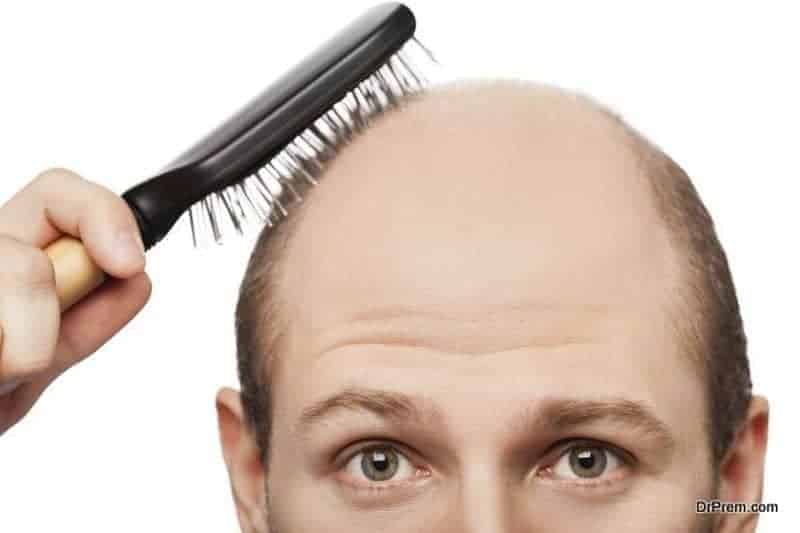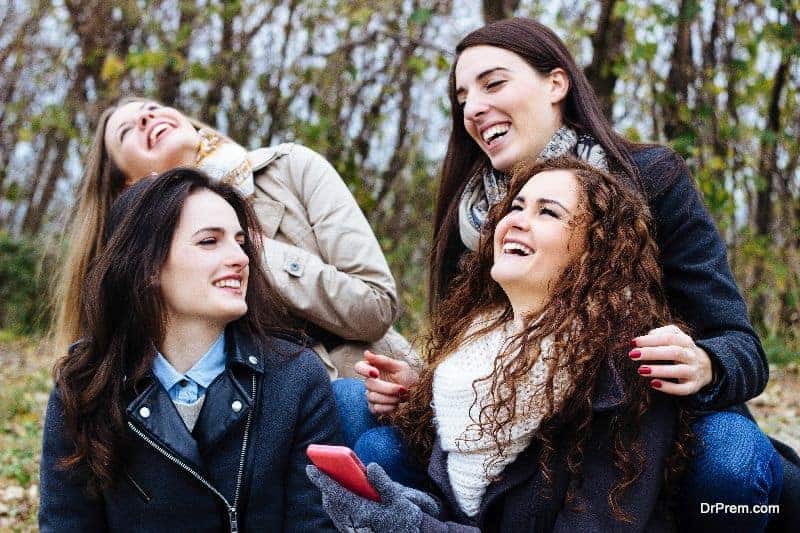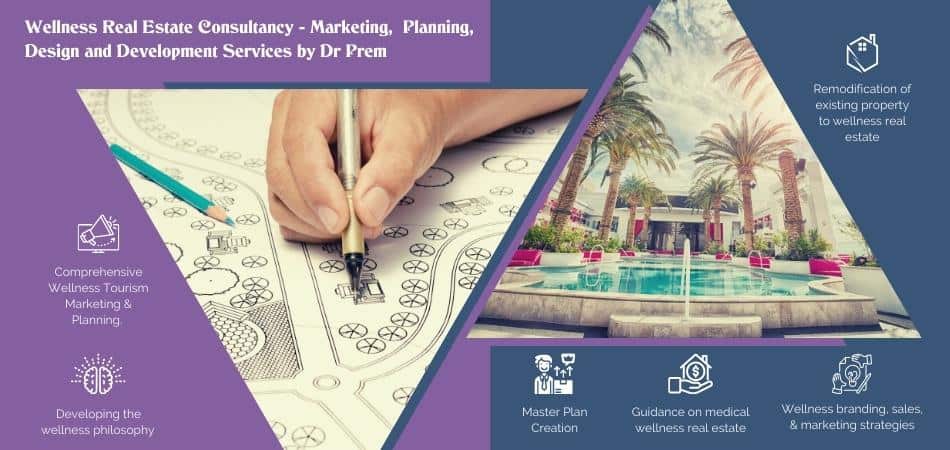Good social skills matters. Have you ever wondered your social skills could be linked with your physical wellness apart from mental wellness? Isn’t it a common observance that talking with a friend or a close person lessens your stress and anxiety?
How your social skills can affect your wellness?
-
How poor social skills affect your health?
-
How do you define social skills?
-
Time to count your social skills
It is not that you share your mental condition every time but a social interaction itself is a great healer of agonies and anxieties. It induces the feel-good factor instantly.
A recent study released by the Health Communication Journal has found that people with poor social skills tend to be lonely and experience higher levels of stress which negatively affects their physical and mental health.
The survey was carried on 775 adults covering a broad range of age from 18 to 91 years. The link between poor social skills and anxiety and depression has been established long back but this recent study is the first to affirm its negative impact on physical health as well.
The study suggests that increasing the frequency of quality social interactions and working on developing social skills can lessen your stress and anxieties having a positive impact on the overall physical and mental wellness.
How poor social skills affect your health?
Your mental state can manifest through your physical health. Stress-induced hair loss is a common observance causing alopecia in the worst scenario. Prolonged anxiety and stress are likely to cause stomach problems and skin irritation. Many of us often experience these symptoms but fail to realize that our social skills have a great role to play in maintaining our wellness.
Poor social skills cause loneliness, which is a killer:
Loneliness does not merely imply being in a state of solitude or a momentary emotional state. Often people resort to loneliness to calm down their disturbing minds. But the danger creeps from the feeling of sadness when people are confined to compulsive loneliness.
A person is often bound to be lonely due to a severe lack of social skills. He/she is unable to interact or communicate properly to come out of this solitary phase. It becomes a habit. Loneliness triggers genetic changes, according to a report and can invite early death.
According to Chris Segrin, the study author of Health Communication Journal, health risks posed by loneliness is considered equivalent to risk of smoking, obesity or following high-fat high-calorie diet sans exercise.
Social isolation is considered as a major health problem that increases the risk of premature death by 14%. Researchers from the University of Chicago and the University of California discovered that loneliness triggers the immune response as it fights the stress signals which affect white blood production. This also triggers inflammation-causing genes resulting in high inflammation of the body.
Loneliness can damage your heart and arteries. The researchers at the University of York in 2016 revealed that loneliness and poor social skills can increase the risk of coronary heart disease by 29% and stroke by 32%. The researchers also warn about the excessive online social network engagement which hampers the normal social skills.
How do you define social skills?
Every human being has a certain degree of social skills. It is the ability to interact appropriately and effectively with others. These skills develop at a very young age and improve as a person gains experience in interacting and handling people.
Few specific indicators of good social skills are providing emotional support to others, self-disclosure and the ability of sharing. It may also indicate the ability to stand up against unreasonable requests, to initiate a relationship or the ability to introduce you to others.
It is a skill that teaches you what to say, what not to say, when to say and how much to say depending on the situation. It is not that one has to be absolutely perfect in these but definitely one can improve to make him/her more socially acceptable.
A gentle smile, a courteous nod, handshake, gestures of respect and answering politely are basic skills from where one can make significant improvement in communications and interactions.
Sometimes social interactions can be tough to manage and can be confusing but a proper control on thoughts and actions can make things easier. A person who enjoys social interactions reflects his/her social skills.
Time to count your social skills:

- Do you hesitate in initiating a conversation? Break this habit. Start interacting with new people you see around.
- Grow the habit of showing welcome gestures. These simple acts would enhance your social acceptability.
- Always maintain eye contact while interacting. This will build your self confidence.
- Many of us dread talking. You need to overcome this by practicing short conversations regularly.
- Be a good listener. This is also an indicator of possessing a good social skill.
- Never hesitate in showing empathy or offering assistance when required.
- Always feel free to express your likes and dislikes in a polite manner.
- Make the habit of enquiring other’s well being whether it is your family member, colleagues or friends.
- Lastly, maintain a normal behavior. Be spontaneous in your communication.
These are good enough to improve your social skills. Once you work on the basics, you can find ways to improve. If things do not work out as expected, you can always seek a professional counseling. For the sake of your wellness, it is important to step out of the cocoon and give wings to your mind.












